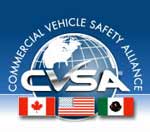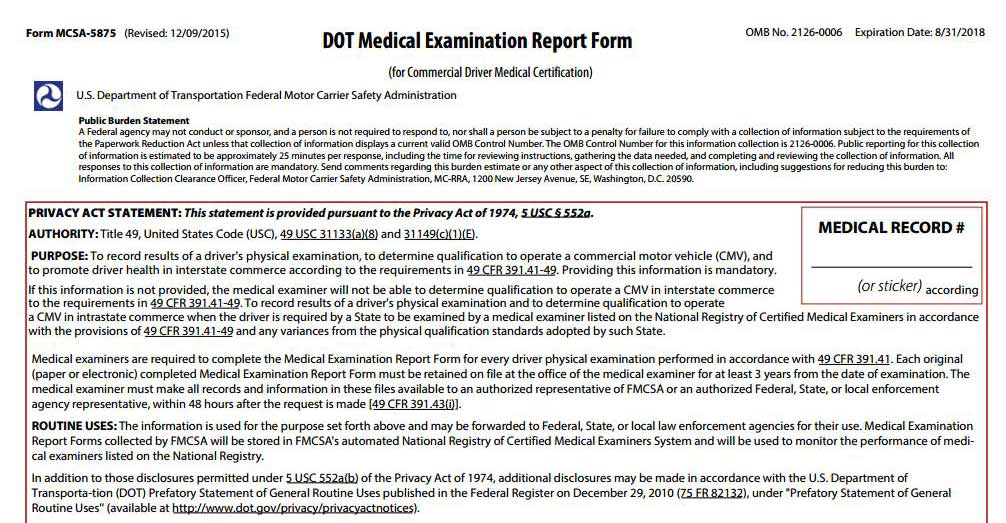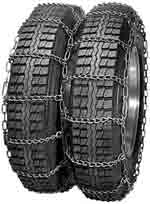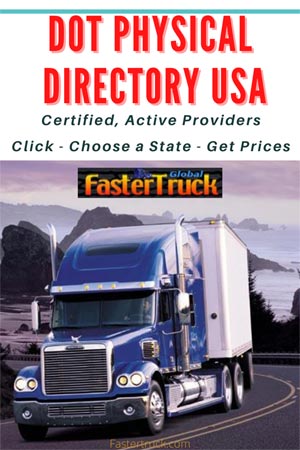 Loading... Please wait...
Loading... Please wait...- Home
- Trucking Directories
-
Truckers News Feed
- Semi Truck Accidents News Reports
- Bus Accidents News Reports
- Current USA Diesel Fuel Prices
- Take Our Border Back Convoy News Coverage Live Streams Schedule Route Activities
- USA Real Time Road Conditions
- FMCSA DOT CDL News Regulations Enforcement Actions
- Trucking Companies Driver Scams Ripoffs Hiring Training Leasing
-
Video Library
- EXTREME Big Rig Truck Wrecks Crashes Accidents Videos
- Custom Big Rig Semi Truck Videos
- Tutorial Video National Registry Medical Examiner
- Big Rig Trucker Training Videos
- Heavy Haul Trucking Big Rig Videos
- FasterTrucks Road Train Videos
- Perils of Speed Limiters in Big Rig Trucks Videos
- Global Truckers Videos
-
Articles
- Top 50 Tips Every Truck Driver Should Know
- Truck Driver Safe Driving Rules
- Downsides of Driving a Truck in Winter
- How to Find a Truck Driving School
- Top 5 Characteristics Successful Truck Drivers
- Truck Driver Accident Procedures
- Owner Operator Tax Deductions
- DOT CDL Commercial Vehicle Inspection Procedures
- HOS New Hours of Service Rules FAQ Truckers
- SafetyPass Pro
- Search Trucking
- Contact Us
Truck Driver Safe Driving Rules

Best Safe Driving Tips for Truck Drivers. Watch Videos, See what happens when safe driving rules are violated.
News Reports Truck Accidents

World Wide Coverage. Recent Truck Accident News Reports on Semi Truck Crashes and Big Rig Wrecks.
DOT Truck Inspection Procedures

North American Standard Level I DOT Inspection Procedures.
CDL Drivers DOT Medical Exam Form MCSA-5875 PDF

Current Form & Medical Card
Free to Print or Download.Videos How To Chain Up Big Trucks Tire Chains Instructions

Videos - Learn How To Chain Up a Big Rig Semi Truck or 18 Wheeler. Experienced Truck Drivers Show You How to do it. Single Tire Chains and Double Tire Chains (Three-Railers) Installation Instructions.
Owner Operator Tax Deductions

The Tax Man Cometh: What to Expect as an Owner Operator
For most owner operators out there, filing taxes for the year comes as second nature since they deal with the tax man each and every year. While not the case for every owner operator, most feel as though they have been around long enough to know the ins and outs of their tax bill. However, when you take into account the fact that tax law is one of the most diverse topics, usually changing each year, it doesn’t come as a surprise that some owner operators miss a few things. Because owner operators hold a quite unique position in terms of tax stipulations, it would not hurt to do a little research so you don’t upset the IRS when the tax man comes knocking.
An owner operator is subjected to a different set of tax deductions than, say, the average company employee or company driver; which is the first thing an owner operator needs to keep in mind.
This is where most owner operators run into trouble, especially those who are new to the business. Generally, when working for a trucking company, whether you are a company driver or an owner operator, one will receive one of two tax forms—either a W-2 or 1099—at the end of the year. In most cases, if you are a company employee then you will receive a W-2, which simply means that when you receive your paycheck for the pay period, the necessary taxes have already been deducted. An independent contractor—which most owner operators are classified as—will typically receive a 1099 form which means that they are personally responsible for paying their own taxes.
Most seasoned owner ops are quite familiar with the term “Schedule C,” since it is the form that they need to file in order to report all the income earned on the 1099 tax form;
any other income earned from truck driving is also reported on the Schedule C form as well. When it comes to filing taxes, most folks view the process as daunting, so filling out any extra paperwork is going to seem grueling. However, filing a Schedule C tax form offers a distinct advantage in regards to the fact that it allows owner ops to deduct expenses right down to the dollar. Of course, regular employees can do this too, but the nice folks over at the IRS certainly do not make it the easiest of tasks.
So the big question that you as an owner op might have now is just what exactly can you deduct from your tax bill.
The answer to that question can be summed up with three words—work-related expenses. The beauty behind being able to deduct work-related expenses is that a truck driver’s job is almost exclusively made up of work related expenses. Everything from routine maintenance to the bottle of glass cleaner you purchased to clean the bugs off of your windshield can be deducted in most cases. With that being said, when you realize that something as simple as glass cleaner can be deducted, it should come as no surprise that most truck drivers end up missing a substantial amount of deductions on their tax returns.
To fully understand the vast amount of items that qualify as deductions, you must do your own research as there literally hundreds of items.
Most truckers realize the obvious deductions, such as tools and the more costly expenses. However, in that same respect, most truckers simply look over the fact that they just bought new curtains for the cab, the new log book, or the DOT Physical Exam all of which can be deducted. The value of a receipt has never been more important since any expense related to your job as an owner operator is now a factor on your tax return.
Tags: owner operator trucker tax deductions, irs tax deductions owner operators, owner operator trucking business taxes, smart tax deductions trucking business owners, irs tax forms owner operator trucks

